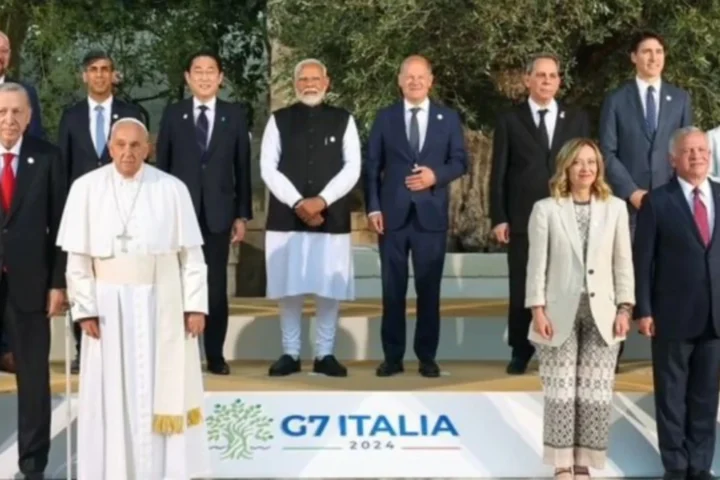[vc_row][vc_column][vc_column_text]Source: Google
In both emerging and developed nations, the COVID-19 pandemic has ravaged health services and economies, causing nearly half a million dead, as well as millions of unemployed and starving people.
In the countries where we work, we can see the plight of millions of ordinary citizens: everyday wage earners whose livelihoods have been ruined by the pandemic, women stuck in violent conditions, underpaid and unprotected health workers in overburdened clinics, penniless citizens who cannot afford health facilities.
In a stroke, it highlighted the many shortcomings of today’s culture to encourage good jobs and to invest in basic social security, welfare, education and other public services. It has created socioeconomic gaps that are responsible for social inequality, leaving the disadvantaged and marginalised as the primary casualties. We expect COVID-19 to begin to expand the differences inside and within nations, exposing the injustices and inequality that disadvantaged parts of the population everywhere carry.
Today, medical and social security services in developed countries are under enormous pressure to deal with this catastrophe. Wage deficits in these countries are estimated to reach $220 billion and are predicted to recur globally, with more than half of the world’s population without social safety nets. If they continue to manage the health crisis, their debt levels are expected to climb. Meanwhile, there is a clear danger that official development assistance (ODA) will decrease as economies contract in donor countries. Any policymakers have already been using the crisis to enforce heavy-handed laws in reaction to public health, presenting a significant danger to basic liberties that would be impossible to undo after the crisis has subsided.
Both of these are the product of structural decisions that have benefited private benefit over the public interest for centuries; the pandemic has exacerbated the problem and narrowed the void.
[/vc_column_text][/vc_column][/vc_row]







